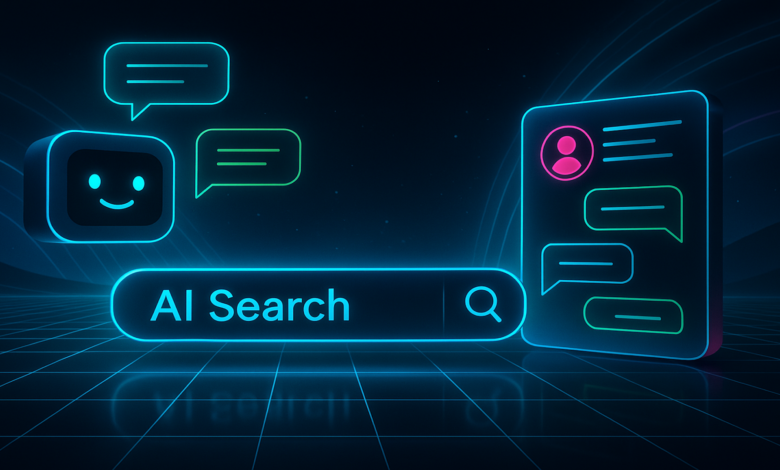AI Search Skips Reddit, Prefers Brand Sources: Report

▼ Summary
– 86% of AI citations come from sources that brands already control, based on Yext’s analysis of 6.8 million citations across ChatGPT, Gemini, and Perplexity.
– First-party websites lead with 44% of citations, while listings account for 42%, and forums only make up 2%.
– Different AI models show biases, with Gemini favoring websites, OpenAI leaning on listings, and Perplexity using varied sources like MapQuest and TripAdvisor.
– Industry variations exist, such as retail relying heavily on brand websites and food service having the highest share from reviews and social media.
– Brands can influence AI visibility by maintaining accurate, structured, and crawlable website content, as emphasized by Yext’s Chief Data Officer.
A recent analysis of AI search behavior reveals that brand-controlled sources overwhelmingly supply the information used by popular AI models, accounting for a significant 86% of all citations. This finding directly counters the widespread assumption that community forums like Reddit are the primary fuel for generative AI responses. The study, which examined a vast dataset of 6.8 million citations from ChatGPT, Gemini, and Perplexity, underscores a critical opportunity for businesses. By ensuring their online content is precise, well-structured, and easily accessible to web crawlers, brands can exert a powerful influence over their presence in AI-generated answers.
The data presents a clear picture of source distribution. A commanding 44% of all AI citations originate directly from first-party brand websites. Listings on platforms like Google Business Profile follow closely, contributing another 42% of the total. In contrast, content from reviews and social media platforms makes up a mere 8%, while forums represent a surprisingly small slice at just 2%. This distribution highlights where companies should focus their digital strategy efforts for maximum AI visibility.
Different AI models also exhibit distinct preferences for their information sources. Google’s Gemini shows a strong inclination toward brand websites, drawing 52.1% of its citations from them. OpenAI’s ChatGPT, however, relies more heavily on business listings, which account for 48.7% of its references. Perplexity demonstrates a more varied approach, sourcing information from a wider array of platforms including MapQuest and TripAdvisor.
The study further breaks down these trends by industry, revealing important sector-specific patterns. In the retail industry, nearly half of all citations (47.6%) come directly from brand-owned websites. The finance sector sees 48.2% of its AI citations sourced from authoritative local pages. Healthcare information is heavily dependent on specialized listings from providers like WebMD and Vitals, which supply 52.6% of citations. The food service industry stands out for its higher reliance on user-generated content, with reviews and social media making up 13.3% of its citations, the highest percentage across all sectors studied.
According to Christian J. Ward, Chief Data Officer at Yext, the conversation around AI visibility has been missing a crucial element. “Discussions about measuring AI visibility are missing the most important factor. The consumer,” Ward stated. He emphasized that AI generates answers based on a person’s real-world location and context, not a generic brand perspective. This fundamental understanding of how AI interprets and responds to queries is essential for brands looking to optimize their digital footprint for the age of generative search.
The comprehensive analysis was conducted using Yext’s Scout platform, evaluating 6.8 million AI citations derived from 1.6 million unique queries. The research spanned the major AI platforms and was carried out over July and August, testing four distinct types of search intent across four different industry verticals to provide a robust and multi-faceted view of current AI citation trends.
(Source: Search Engine Land)





